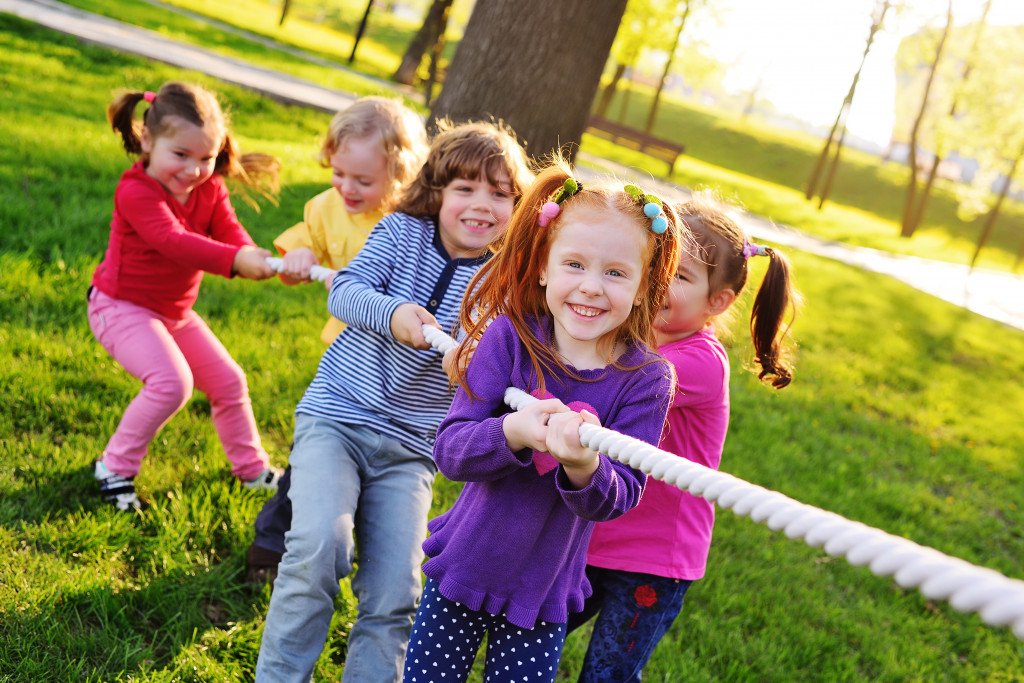Raising children is hard work. It’s a never-ending cycle of feeding, changing, cleaning up after, and trying to keep them safe. But one of the most important things you can do as a parent is to help your children develop skills that will serve them well throughout their lives.
If you’re wondering what skills are important for children to learn, here are some of the most important ones:
Emotional intelligence
One of the most important skills that children can learn is emotional intelligence. Emotional intelligence (EI) refers to the ability to be aware and understand your own emotions and the emotions of others. It’s about regulating your emotions, responding effectively to emotions in others, and creating positive relationships.
Children who have strong emotional intelligence skills are more likely to succeed in school and their personal lives. They’re better able to control their emotions, think logically, and get along with others.
Communication
Some skills are important for children to learn. They should know how to make friends, talk to people, and use their words. Children need to learn these skills to succeed in school, in their relationships with other people and their jobs.
One of the most important aspects of communication is being able to listen. When you listen to someone, it shows that you care about them and that you’re interested in what they have to say. It also helps you understand their point of view.
Empathy
Children who can empathize with others are more likely to be successful in their relationships. Empathy is the ability to understand and share the feelings of another person. When you’re able to empathize with someone, you can put yourself in their shoes and see things from their perspective. This makes it easier to build positive relationships with others.
You can teach your children empathy by talking to them about how other people might be feeling. You can also show them how to listen to others and respond with compassion.
Physical coordination

Physical coordination is important for children. This includes moving their bodies in the right way and doing things with their bodies, like throwing a ball or riding a bike. Doing these things well helps children stay physically healthy and teaches them how to do things that will be useful for them when they grow up.
You can help your children improve their physical coordination by taking them to toddler dance class or other activity that helps with movement. This will allow them to explore their movement abilities and learn how to coordinate their body movements. As they get older, they will be better able to participate in sports and other physical activities.
Self-awareness
One of the most important skills that children can learn is self-awareness. Self-awareness is the ability to be aware of your thoughts, feelings, and behaviors. It’s about understanding your strengths and weaknesses and regulating your own emotions.
Kids with a healthy sense of self are more likely to do well in school and social lives. They know their strengths and weaknesses, so they can play to their strengths and improve their weaknesses. They’re also better able to regulate their emotions, which means they’re less likely to get angry or upset easily.
The ability to delay gratification
One of the most important skills that children can learn is delaying gratification. Delay gratification refers to resisting temptation and waiting for something that you want. Kids who can delay gratification are more likely to be successful in school and their personal lives.
There are a few things that you can do to help your children learn how to delay gratification. You can provide them with opportunities to wait for something they want. This could be as simple as waiting in line for a toy or waiting for their turn to speak. You can also help them understand the importance of waiting. This could mean talking to them about why it’s important to wait for things and how delaying gratification can help them in the long run.
Lastly, critical thinking skills
Critical thinking skills are important for children because they allow them to think about things more logically. When children can think critically, they’re able to analyze information and come to conclusions based on evidence. This helps them make better decisions and solve problems.
By providing your children with chances to consider issues logically, you can help them develop critical thinking abilities. This could mean asking them questions that require them to think critically or giving them problems to solve. You can also help them learn how to ask questions and find answers. As they get older, they will be better able to think critically independently.

